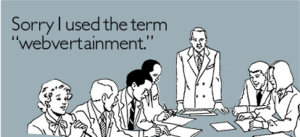Do's and Dont's of E-Meeting
info • November 28, 2017
The Do’s and Don’ts of E-Meeting


The Cannon creates thriving coworking communities that deliver exceptional experiences for our members and outstanding value for our real estate partners. Through customized managed service agreements, we partner with property owners to design, manage, and operate flexible workspaces that attract and retain entrepreneurs, innovators, and growing businesses. With our white-glove, member-first service model and turnkey operational expertise, The Cannon helps real estate owners unlock new value in their portfolio — while empowering our members with the resources, connections, and environment they need to succeed.
Corporate HQ:
The Cannon West Houston
1334 Brittmoore Road
Houston, TX 77043
Email: info@thecannon.com
Our Mission |
Meet The Team | Blog |
Terms and Conditions |
Privacy Policy
The Cannon creates thriving coworking communities that deliver exceptional experiences for our members and outstanding value for our real estate partners. Through customized managed service agreements, we partner with property owners to design, manage, and operate flexible workspaces that attract and retain entrepreneurs, innovators, and growing businesses. With our white-glove, member-first service model and turnkey operational expertise, The Cannon empowers our members with the resources, connections and environment they need to succeed, while helping real estate owners unlock new value in their portfolio.
Corporate HQ:
1334 Brittmoore Road
Houston, TX 77043
(713) 332-1299
Email: info@thecannon.com
Our Mission |
Meet The Team |
We're Hiring!
| Workspaces |
Terms and Conditions |
Privacy Policy